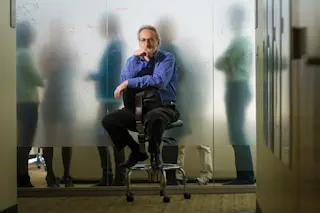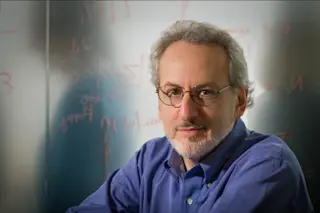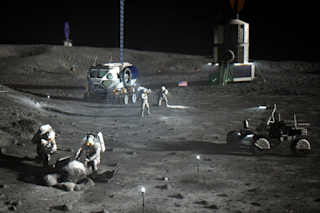Inside the Boston headquarters of Harvard University’s Wyss Institute for Biologically Inspired Engineering, an exuberant Don Ingber weaves through a maze of chlorine-scented laboratories, glass-walled offices, and darkened rooms.
In less than five minutes, Ingber, the institute’s 56-year-old director, has pointed out a mattress that could prevent life-threatening sleep apnea in newborns; simulated lungs, intestines, and hearts made of silicone rubber using microchip manufacturing technology; and a machine that forces mutations in bacteria, directing their evolution so they can produce low-cost biofuels and drugs.
More than once, he stops to revel in the scope of the research. “There’s so much,” he says. “It’s just ridiculous.”
The 4-year-old institute consists of six core research areas focused on a wide range of technologies, from cancer vaccines to robotic bees that will pollinate plants. Most of the institute’s 18 core faculty members split their time between other academic departments and the Wyss, where ...















